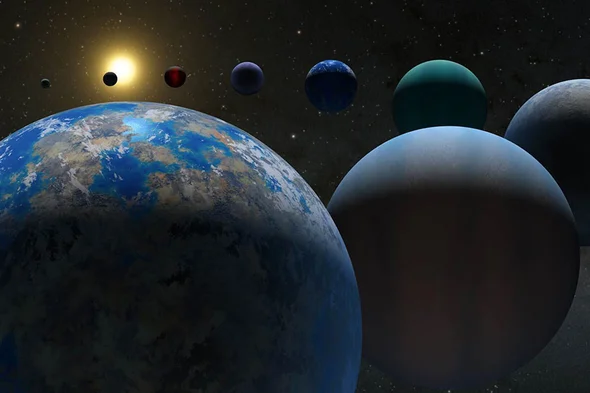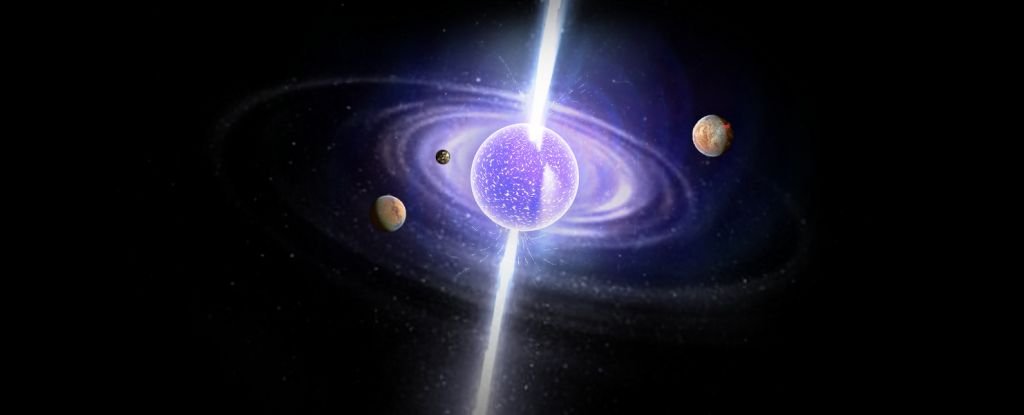NASA’s recent confirmation of the discovery of 5,000 worlds outside the solar system is a monumental achievement in the field of astronomy. The discovery was made using data collected by the Kepler spacecraft, which has been orbiting the Earth since 2009.

The discovery of these 5,000 exoplanets, which are planets outside our solar system, provides exciting new opportunities for scientists to explore and learn more about the universe. It is believed that some of these planets may be habitable, and therefore, could potentially support life. The discovery of these worlds also adds to our understanding of how planets form and evolve over time.
The Kepler spacecraft uses a technique called transit photometry to detect exoplanets. This involves measuring the dimming of a star’s light when a planet passes in front of it. By analyzing the pattern of dimming, scientists can determine the size, orbit, and other characteristics of the exoplanet.

One of the most significant findings from the Kepler mission is the discovery of Earth-sized planets that are located in the habitable zone of their star. The habitable zone is the area around a star where conditions are just right for liquid water to exist on the planet’s surface. Liquid water is considered a key ingredient for life as we know it, making these exoplanets potential targets in the search for extraterrestrial life.
The discovery of these exoplanets also raises many questions about the potential for life beyond our solar system. With the help of advanced telescopes and new technologies, scientists are continuing to explore the universe and unravel the mysteries of the cosmos.
In conclusion, NASA’s confirmation of the discovery of 5,000 worlds outside the solar system is a significant milestone in the study of astronomy. The discovery of these exoplanets offers exciting new opportunities for scientists to explore the universe and learn more about the potential for life beyond our solar system. As technology advances, we can expect to learn even more about the vast expanse of the universe and the mysteries that it holds.

